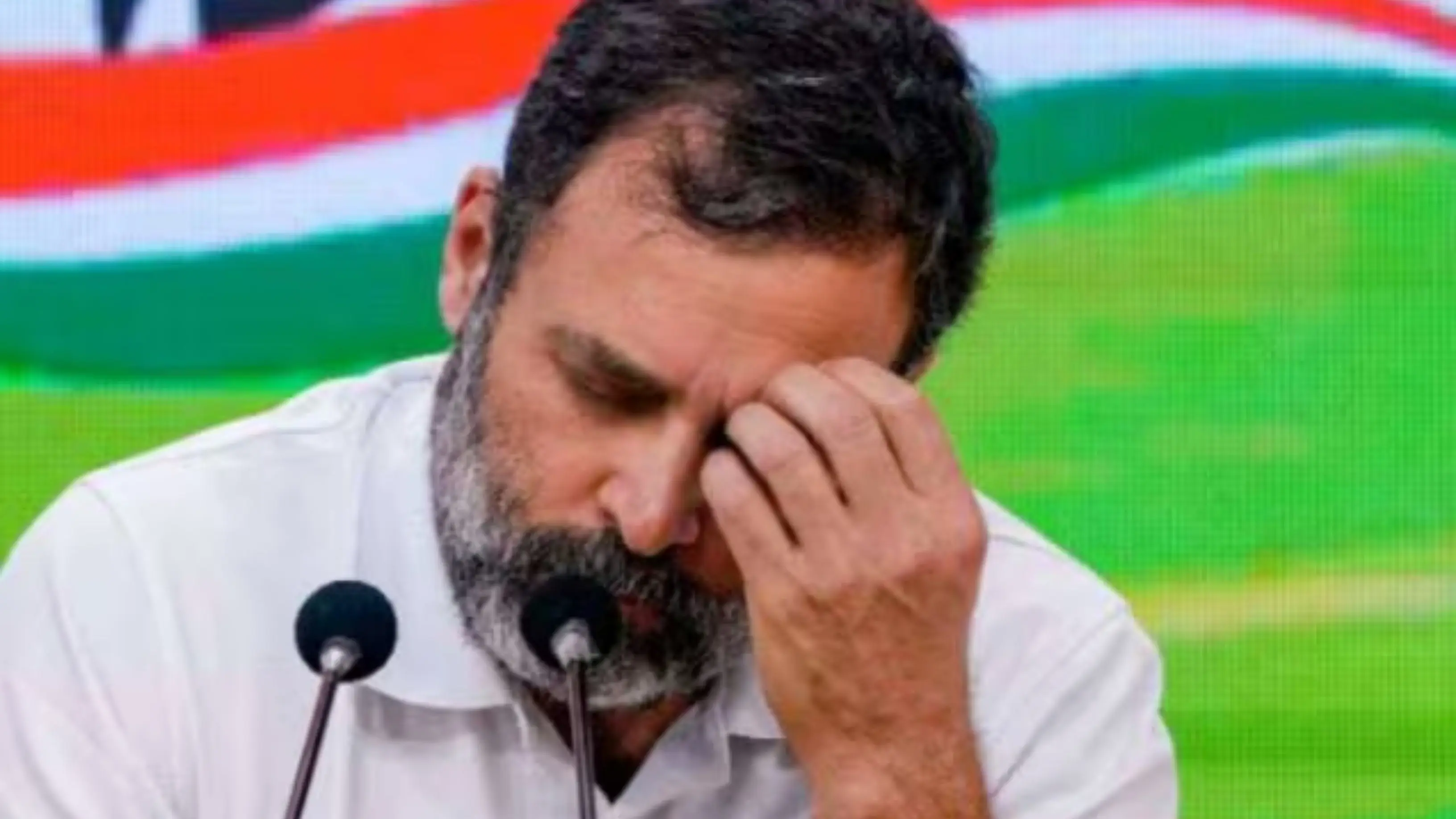‘All Show, No Substance’: Thackeray Slams BJP on Waqf Bill; Firangi Mahli, Yasoob Abbas Criticise Rahul’s Absence

TCN News Desk
Mumbai: Shiv Sena (UBT) leader Uddhav Thackeray on April 4 strongly criticised the BJP-led Union government, calling their handling of the Waqf (Amendment) Bill a case of “all show, no substance”. Thackeray, who has consistently opposed the bill, accused the BJP of “hypocrisy” and raised concerns about their “plans to give lands to businessmen friends”.
Speaking at a press conference, Thackeray acknowledged that some of the amendments in the Waqf Bill were positive. However, he also said the BJP's record suggested little follow-through, citing the example of the repeal of Article 370, which, he said, failed to resolve issues like land rights for Kashmiri Pandits.
“While some changes in the Waqf Bill are good, our experience with the BJP has always been about promises that do not deliver. We supported them during the repeal of Article 370, but where are the Kashmiri Pandits’ lands? This is all show with no substance," he said, adding that his party opposed not just the bill but also the BJP’s broader agenda of corruption.
The former Maharashtra chief minister also took a swipe at Union Parliamentary Affairs Minister Kiren Rijiju, commenting on how the Waqf (Amendment) Bill was introduced just after Eid, with promises of benefits for poor Muslims.
“The bill was presented by Rijiju, but what we saw was just more of the same theatrics from the BJP,” he said.
Meanwhile, All India Muslim Personal Law Board (AIMPLB) member Maulana Khalid Rasheed Farangi Mahali announced that if the Rajya Sabha passed the bill, they would challenge it in court. "We are confident we will get justice and relief on constitutional grounds," he said.
He also voiced dismay over absence of Leader of Opposition (LoP) Rahul Gandhi from the crucial debate on the bill in the Lok Sabha. Despite having consistently opposed the bill, Gandhi chose not to participate in the debate on Wednesday, a decision that did not go unnoticed within the Muslim community.
Expressing his surprise and disappointment, Maulana Firangi Mahli said, "I was surprised that the LoP did not make any statement in the Lok Sabha. I hope the Congress party will issue a proper statement," he said.
Maulana Yasoob Abbas, general secretary of the All India Shia Personal Law Board (AISPLB), echoed similar sentiments. “Rahul Gandhi and Priyanka Gandhi should have given statements. I was expecting Priyanka Gandhi to come and vote against the Waqf Bill, but she did not.”
He also noted the historical support that the Congress party had extended to the Muslim community, particularly under the leadership of Indira Gandhi. “We see Indira Gandhi in Priyanka Gandhi. The Congress has a history of supporting and speaking for Muslims. The party voted against the bill, but I wanted to hear Rahul Gandhi speak in the Lok Sabha,” he added.
While Gandhi had attended a meeting with senior Congress leaders and MPs on April 3 to discuss the party’s stance on the Waqf Bill amendments, he left immediately after the meeting and skipped the debate. His absence during the discussion drew sharp criticism, and he only appeared later for the voting. His attire — cargo pants, a white T-shirt and chappals — further fuelled online backlash, with many questioning the seriousness of his involvement in the matter.
Both Maulana Firangi Mahli and Maulana Abbas expressed concerns over the bill’s future, stating that if the Waqf Bill is passed in the Rajya Sabha as well, they would seek the intervention of the Supreme Court.
On Thursday, Kiren Rijiju moved a motion for the consideration of the Waqf (Amendment) Bill in the Rajya Sabha. During his address, he cited the Sachar Committee report and emphasized the need for reforms in the Waqf system, including better inclusivity and improved infrastructure. He urged the Congress to support the bill, stating that all previous recommendations had been incorporated.
The Waqf Bill, which, as the government claims, aims to improve the management of Waqf properties and overcome shortcomings in the 1995 Act, had passed in the Lok Sabha after a marathon debate that extended past midnight. The proposed legislation seeks to introduce reforms such as more inclusive boards and better use of technology to manage waqf properties.
